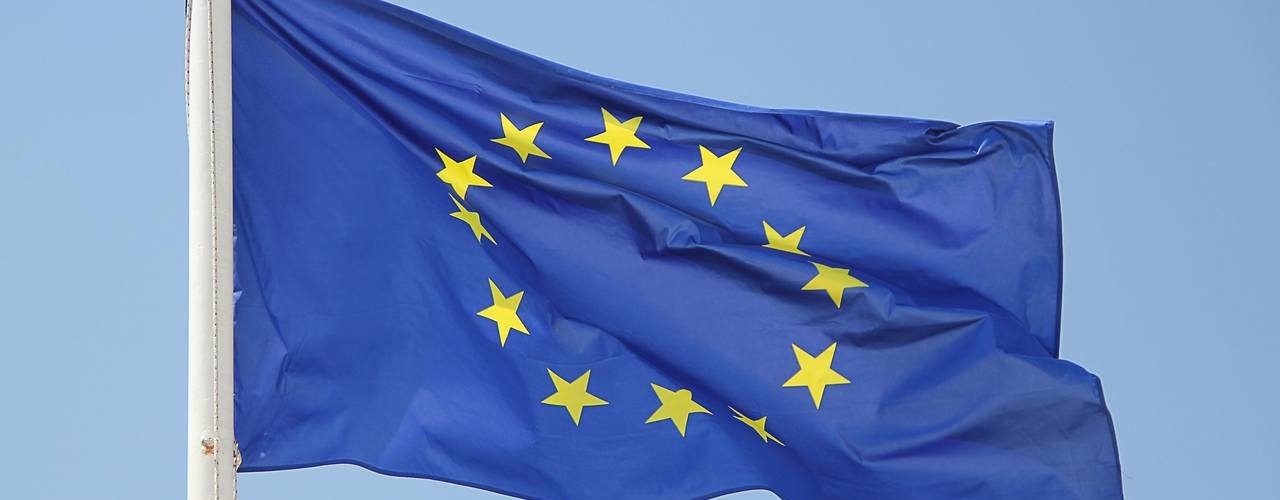- The European Commission has proposed significant VAT reforms affecting businesses in the EU single market
- The focus of these reforms is on when they will be implemented rather than if they will be implemented
- VAT in the Digital Age or ViDA categorizes recommendations into three areas VAT reporting and e-invoicing compliance, VAT treatment of the platform economy, and single EU VAT registration
- Immediate attention is needed for e-invoicing reforms which aim to modernize VAT reporting in the EU through mandatory and optional electronic invoicing
- Companies, especially those based on platforms, will need to invest in new tax technologies to meet the e-invoicing and digital reporting requirements
- E-invoicing requires vendors and recipients to electronically submit VAT invoice data to tax authorities where the business is established or VAT registered
- ViDA has supporters who believe e-invoicing will enhance VAT collection accuracy, reduce business compliance costs, and combat fraud
- Critics argue that mandatory e-invoicing could burden small and mid-sized enterprises and increase administrative duties for tax authorities
- There is a debate on whether mandatory e-invoicing will effectively reduce the VAT gap as it only applies to cross-border transactions which are typically not subject to VAT
- The European Commission aims to implement these new rules within the next twenty-four months, a challenging deadline due to the political complexities involved
Source: vertexinc.com
Note that this post was (partially) written with the help of AI. It is always useful to review the original source material, and where needed to obtain (local) advice from a specialist.














